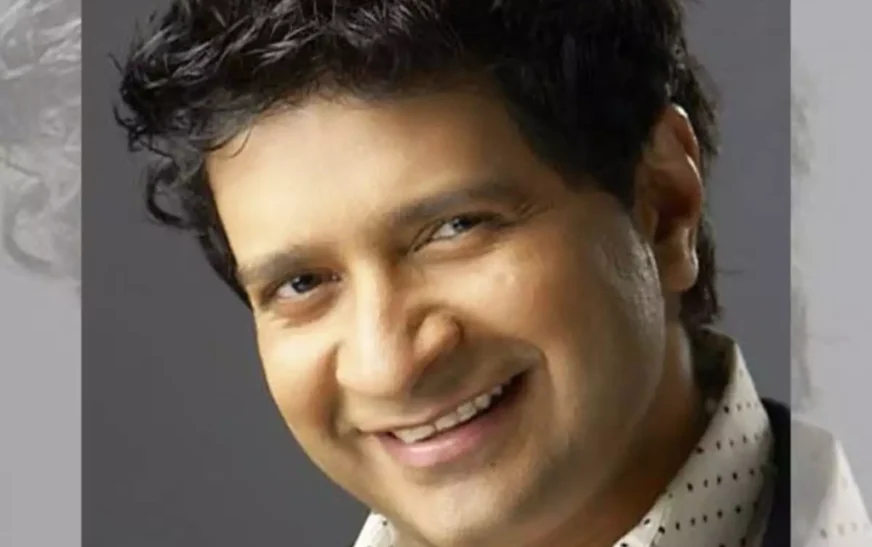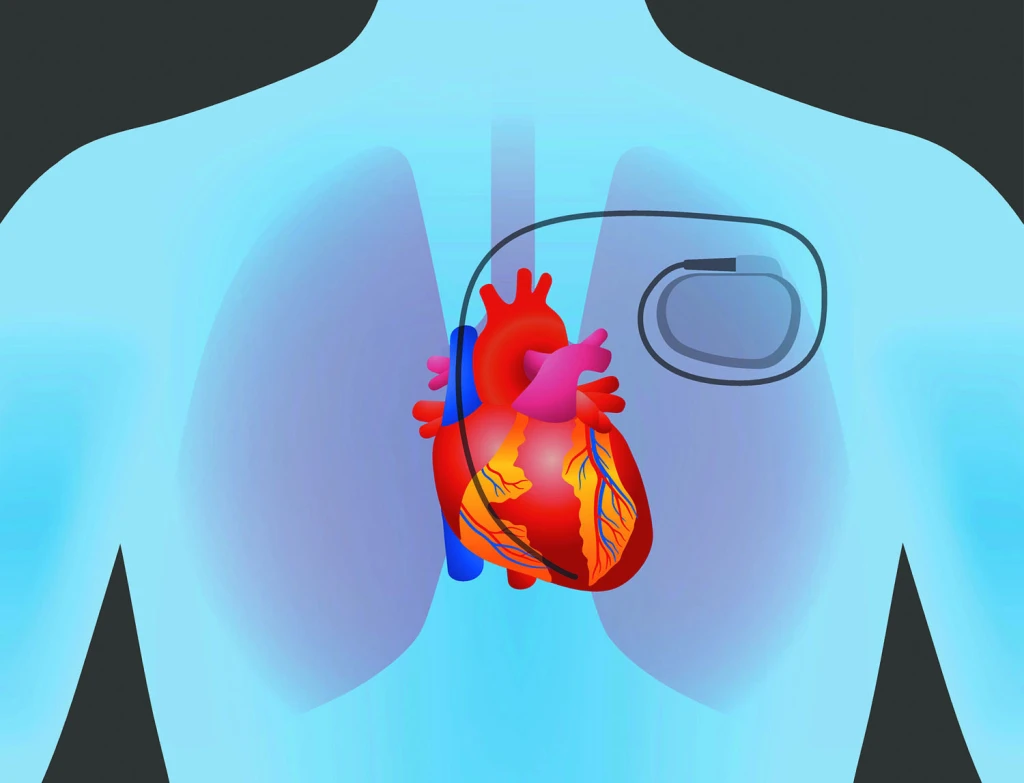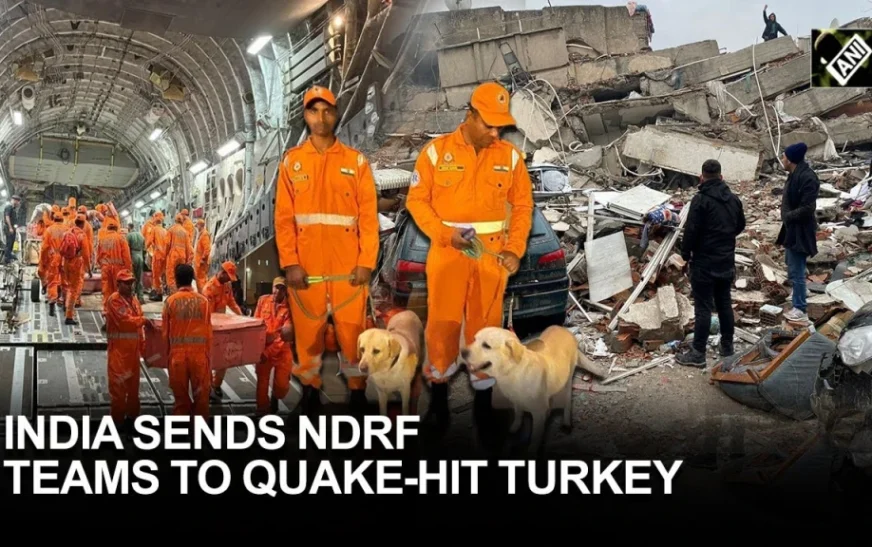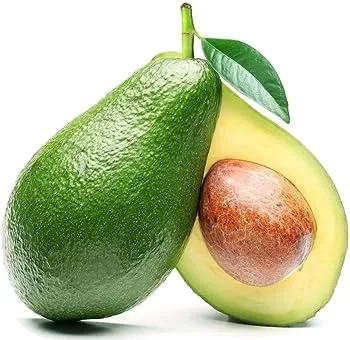The recent sudden death of the 53-year old singer KK of a heart attack after a grueling evening performance in an overcrowded hall has shocked not just the public but medical scientists too.
The circumstances do not seem to leave much space for doubt. He was a non-smoker, and was not known to suffer from the usual known co-morbidities such as diabetes, hypertension, obesity, high cholesterol or previously known heart condition. Many who knew him personally, in fact testified on television that he was quite a health freak, with no “bad” habits.
What then could have caused his sudden fatal heart attack? Circumstances are clearly suggesting “stress”, that nebulous factor scientists have not yet learnt to define and measure. There were 7000 people thronging an auditorium meant for 2500 and it was unusually hot in there due to lack of adequate air-conditioning. The performance had been long requiring him to sing 20 songs back to back, perhaps as a part of the contract. And to top it all, he had to put on a friendly, high energy appearance and please the audience while he was clearly uncomfortable and sweating!
Medical science often tends to deny something that it finds it difficult to prove or measure. Although it may look fairly evident to the common on-looker. Let me therefore share another episode from the last fortnight.
Joe Garcia, the 47-year-old husband of one of the two teachers slain along with 19 children, in the devastating school shoot out at Uvalde, Texas, died of heart attack the next morning. The circumstances compel us to invoke that nebulous trigger again: It was not just the loss of his wife of over 24 years, but the agony and unexpected manner in which it all happened.
He died suddenly soon after attending the memorial service of his wife, from what the press described aptly as “of a broken heart”.
Observations form real-life strongly indicate that unusual stress, physical, mental or emotional, can precede or induce a heart attack. Cardiac events are the commonest cause of death across the world, particularly in urban India.
Learning how to manage stress may not sound all that scientifically erudite, but awareness, insight and preventive strategies to deal with it may hold the key to our survival when conventional medical knowledge is not measuring up.






